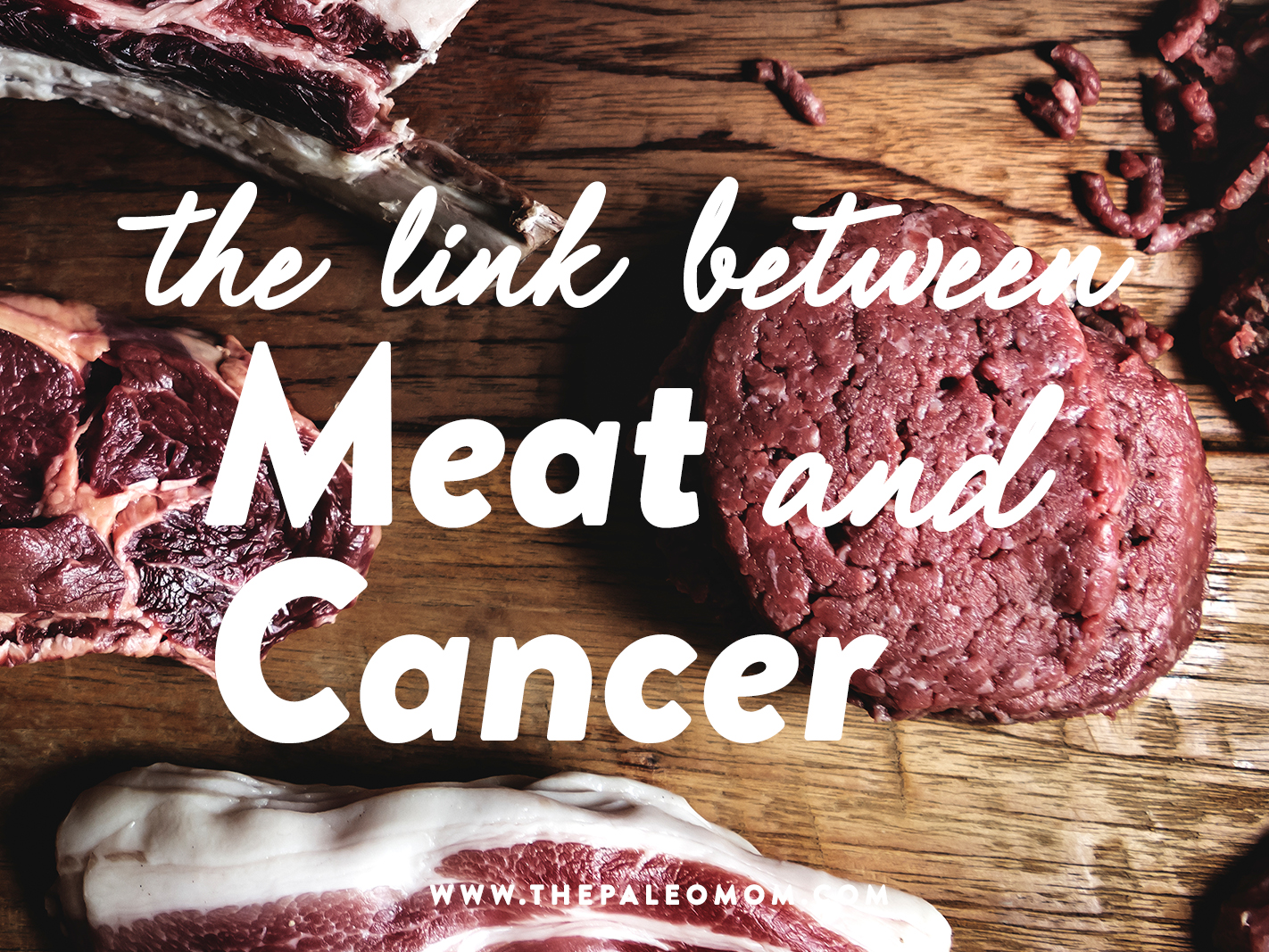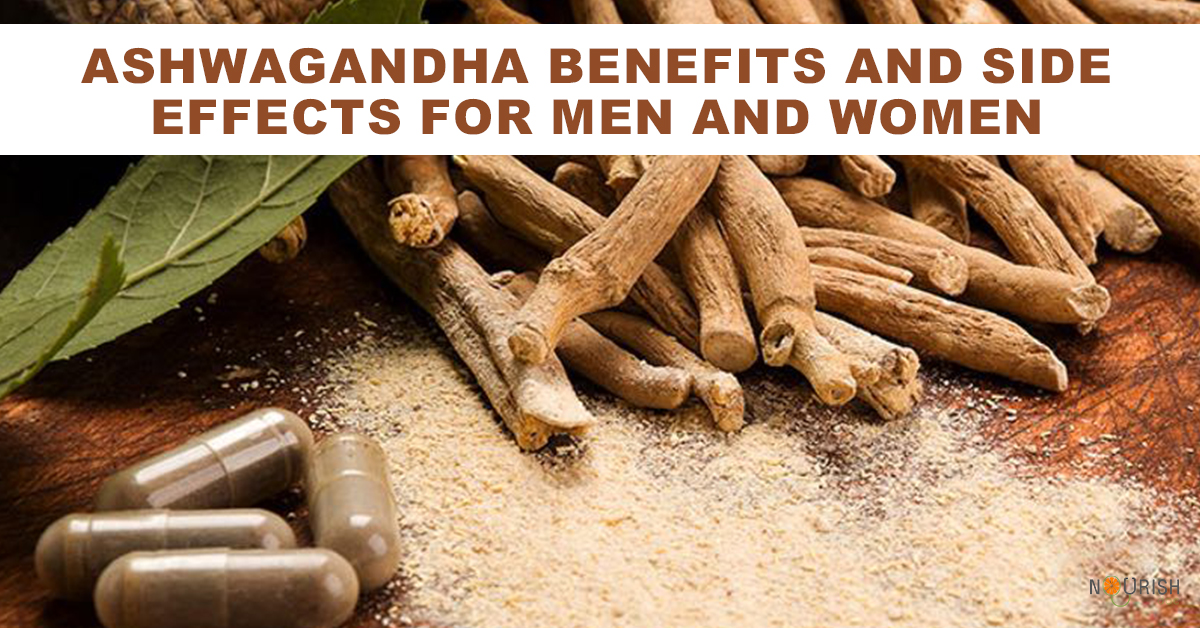By: Dr. Sarah Ballantyne, PhD
August 22, 2015
I’m sure you’ve seen more than one article pronouncing that meat causes cancer. Depending on the source, the article might have a plant-based diet lean and demonize all meat, or merely throw red meat or deli meats under the cancer bus. I know I get asked nearly daily to rebut some article or other on the subject.
But, the truth is that there really are a lot of studies out there linking meat consumption (especially red meat) to cancer—in human populations, in animal models, and even in some controlled trials focusing on pre-cancerous changes in the human body. Hardly a month goes by without seeing at least one of these studies pop up in the headlines and make the rounds on social media. These studies seem to buoy critics of the Paleo diet and low-carb diets alike, while providing fuel for harassment from family members who just don’t get how we eat (or why).
Within the Paleo community, there is a strong tendency to dismiss these scientific studies as being irrelevant or poorly conducted. The most standard response is “But the study didn’t use grass-fed and organic meat!” and then we go on our merry way with the assumption that the results don’t apply to us (and we tell our family members so!). Then, there’s always the more general anti-science sentiments, dismissing the relevance of a study based on perceived design flaws or legitimate study limitations. As you can probably imagine, dismissing science because it doesn’t conform to our established beliefs is not something I endorse.
Studies linking meat consumption to cancer are relevant to the Paleo community and are worthy of discussion. So, let’s do that.
Researchers have uncovered several mechanisms linking cancer with components of meat that have nothing to do with an animal’s diet or antibiotic exposure, including heme iron, specific proteins, other specific molecules, and heat-induced mutagens. These are things that exist in meat whether it’s conventional or grass-fed or wild game. That means that organic grass-fed meat, while it promotes health in other ways (better fats, more micronutrients), still has the capacity to increase cancer risk. So, instead of dismissing the meat and cancer research as irrelevant, let’s take the time to objectively look at how it affects us.
But, don’t get scared over to vegetarianism just yet! When we take a closer look at these studies, we see something extraordinarily interesting: the link between meat and cancer tends to disappear once the studies adjust for vegetable intake. Even more exciting, when we examine the mechanistic links between meat and cancer, it turns out that many of the harmful (yes, legitimately harmful!) components of meat are counteracted by protective compounds in plant foods.
Said more simply: YES, meat does cause cancer! …IF you aren’t eating your veggies!
This is yet another reason why the Paleo diet can be considered a plant-based diet thanks to its focus on eating a large amount of vegetables! See The Diet We’re Meant to Eat, Part 1: Evolution & Hunter-Gatherers, The Diet We’re Meant to Eat, Part 2: Physiological & Biological Evidence, The Diet We’re Meant to Eat, Part 3: How Much Meat versus Veggies? and The Importance of Vegetables.
Let’s dive into the mechanistic details!
Heme
A major mechanism linking meat to cancer involves heme, the iron-containing compound that gives red meat its color (in contrast to the nonheme iron found in plant foods). Where heme becomes a problem is in your gut: the cells lining your digestive tract metabolize it into cytotoxic compounds (meaning toxic to living cells), which can then damage your colonic mucosa, cause cell proliferation, and increase fecal water toxicity—all of which raise cancer risk. Yikes! In fact, part of the reason red meat shows up linked with cancer far more often than white meat could be due to their differences in heme content: white meat (poultry and fish) contains much, much less of it.
Here’s where vegetables come to the rescue! Chlorophyll, the pigment in plants that makes them green, has a molecular structure that’s very similar to heme. As a result, chlorophyll can block the metabolism of heme in your intestinal tract and prevent those toxic metabolites from forming. Instead of turning into harmful byproducts, heme ends up metabolized into inert compounds that are no longer toxic or damaging to your colon. Animal studies have demonstrated this effect in action: one study on rats showed that supplementing a heme-rich diet with chlorophyll (in the form of spinach) completely suppressed the pro-cancer effects of heme. All the more reason to eat a salad with your steak!
L-Carnitine and TMAO
L-carnitine is an amino acid that’s particularly abundant in red meat (another candidate for why red meat seems to disproportionately increase risk of cancer compared to other meats). When you consume L-carnitine, your intestinal bacteria metabolize it into a compound called trimethylamine (TMA). From there, the TMA enters your bloodstream and gets oxidized by your liver into yet another compound, trimethylamine-N-oxide (TMAO). This is the one we should pay attention to!
TMAO has been strongly linked to cancer and heart disease, possibly due to promoting inflammation and altering cholesterol transport. Having high levels of it in your bloodstream could feasibly be a major risk factor for some chronic diseases. So, is this the nail in the coffin for meat eaters?
Not so fast! An important study on this topic was published in 2013 in Nature Medicine, and sheds light on what’s really going on. This paper had quite a few components (discussed in detail in a fascinating blog post by Jeff Leach of the Human Food Project), but one of the most interesting has to do with gut bacteria. Basically, it turns out that the bacteria group Prevotella is a key mediator between L-carnitine consumption and having high TMAO levels in your blood. In this study, the researchers found that participants with gut microbiomes dominated by Prevotella were the ones who produced the most TMA (and therefore TMAO, after it reached the liver) from the L-carnitine they ate. Those with microbiomes high in Bacteroides rather than Prevotella saw dramatically less conversion into TMA and TMAO.
Guess what Prevotella loves to snack on? Grains! It just so happens that people with high Prevotella levels tend to be those eating grain-based diets (especially whole grain), since this bacterial group specializes in fermenting the type of polysaccharides abundant in grain products. (For instance, we see extremely high levels of Prevotella in populations in rural Africa that rely on cereals like millet and sorghum.) At the same time, Prevotella doesn’t seem to be associated with a high intake of non-grain plant sources, such as fruit and vegetables.
So, is it really the red meat that’s a problem… or is it the meat in the context of a grain-rich diet? Based on the evidence we have so far, it seems that grains (and the bacteria that love to eat them) are a mandatory part of the L-carnitine-to-TMAO pathway. Ditch the grains, and your gut will become a more hospitable place for red meat!











